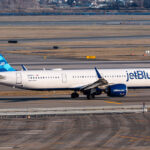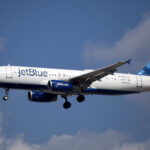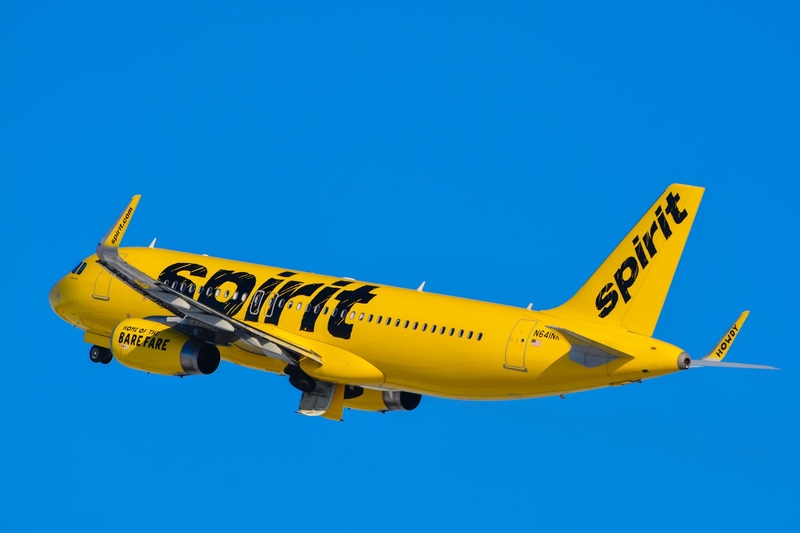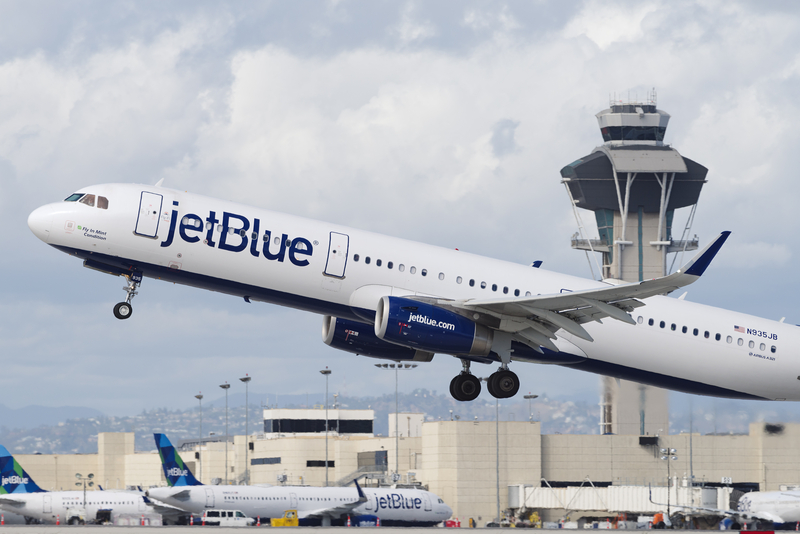JetBlue Says Goodbye To The E190 As It Becomes An All-Airbus Airline
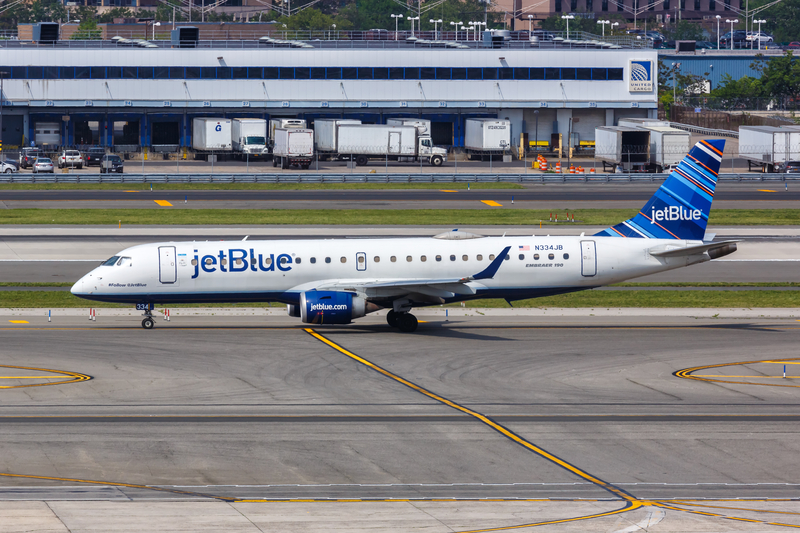
ID 296930306 © Boarding1now | Dreamstime.com
JetBlue has flown its final Embraer E190 revenue flight, B6190 from New York–JFK to Boston—the same city pair that inaugurated the type back in 2005. Chief Operating Officer Warren Christie, who captained the first E190 flight nearly 20 years ago, was at the controls again for the farewell, joined by original crew members and guests. With this, JetBlue retires the last regularly scheduled E190 operation at any U.S. airline.
A look back: JetBlue’s E190 era
-
Peak fleet: up to 63 E190s delivered between 2005 and 2013
-
Layout: 100 seats in a comfortable 2-2 cabin, seatback TVs and free Wi-Fi—very “JetBlue”
-
Role: opened thinner point-to-point routes and fed JetBlue focus cities without the cost/size of an A320
The replacement: Airbus A220-300
JetBlue is swapping the E190 for the A220-300 and now operates only Airbus-family aircraft (A220s plus A320-family). The A220s seat 140 in JetBlue’s configuration—about 40% more than the E190—while delivering roughly 40% lower fuel burn per seat and a more modern passenger experience.
Network implications: bigger smallest jet
Upsizing the smallest gauge in the fleet helps unit costs but raises the bar for route viability. Expect:
-
Fewer-but-larger frequencies on some thinner markets
-
More pressure to schedule at times that reliably fill 140 seats
-
Better onboard consistency: larger bins, quieter cabins, refreshed IFE, and USB-C power across the fleet
Why you won’t see E190-E2s in U.S. mainline service
The next-gen E190-E2/E195-E2 would be a natural successor on paper, but pilot scope clauses at the “big three” cap regional flying at 76 seats. That forces anything larger into mainline pay scales, where the economics of ~100–130 seats are tougher. Result: U.S. carriers doubled down on 76-seat E175s regionally and chose A220s/A319s/A320s at mainline. JetBlue, without a regional affiliate, landed on the A220 for commonality and economics.
What travelers will notice
-
More seats and better availability on many former E190 routes
-
A newer cabin: bigger windows, quieter ride, updated live TV/streaming and fleetwide high-speed Wi-Fi
-
A touch less frequency on marginal routes, offset by improved schedule breadth in core markets
Quick timeline
-
2005: JetBlue launches E190 service on JFK–BOS
-
2022: E190 retirements begin
-
2025: Final E190 flight (B6190 JFK–BOS); JetBlue becomes all-Airbus with A220 and A320-family fleets
Bottom line
JetBlue’s E190s helped define the airline’s growth playbook—right-sized jets, full service feel. Retiring them simplifies the fleet and leans into the A220’s efficiency and passenger appeal. The trade-off is higher minimum demand per flight, but for most travelers the experience gets newer, roomier, and more consistent across the network.
